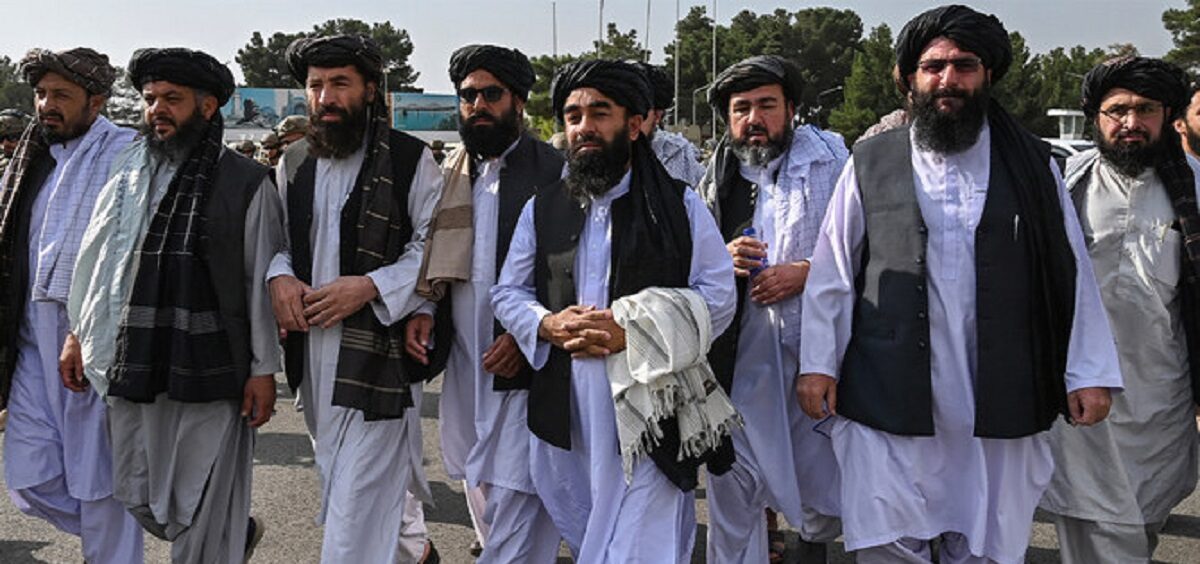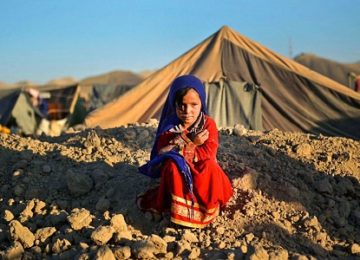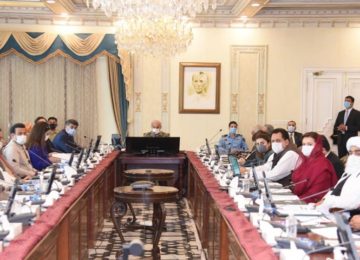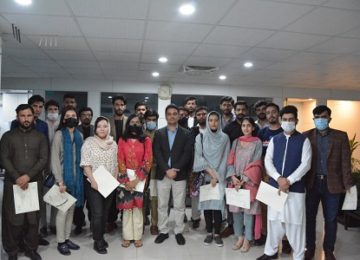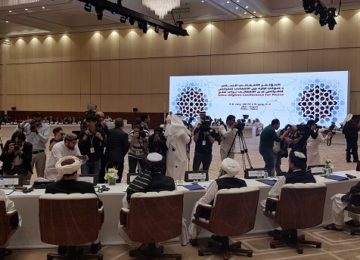BY ELSA IMDAD
Three years of Taliban rule reveal a fragile peace overshadowed by severe human rights restrictions, especially for women and girls. As Afghanistan faces deep economic and social challenges, critical questions arise about the international community’s role and future engagement.
August 2024 marks three years since the Taliban returned to power in Afghanistan, a milestone that
brings with it mixed emotions and a complex legacy. The Taliban’s takeover in August 2021 was swift
and decisive, a moment that abruptly ended two decades of U.S. and NATO intervention in the
country. Since then, the group has struggled to maintain its grip on power, balancing the
implementation of its strict interpretation of Islam with the pragmatic demands of governance. As the
Taliban celebrate their “victory” with military parades and symbolic gestures, the world watches
closely, torn between the harsh realities of the regime’s rule and the fragile hopes for Afghanistan’s
future.
One of the most glaring aspects of Taliban rule has been the deterioration of rights and freedoms,
particularly for women and girls. Afghanistan’s current government is arguably the most
discriminatory in the world when it comes to gender, imposing draconian restrictions that have
effectively erased women from public life. Bans on education, employment, and even leisure activities
for women reflect a deeply entrenched system of gender apartheid. This regression has not only
limited the opportunities for half the population but has also diminished the overall potential for
Afghanistan’s development.
The silence that has descended on Afghanistan’s political scene is equally troubling. The once vibrant
and chaotic political landscape, characterized by intense competition and occasional violence, has
given way to a one-party state. The Taliban’s intolerance of dissent has driven many former
politicians, journalists, and activists into exile or forced them into silence. The stifling of political and
media freedoms has deprived Afghanistan of the pluralism that is essential for a healthy society.
Economically, the country remains in dire straits. The withdrawal of Western aid, which once
accounted for 75% of government expenditure, plunged Afghanistan into a humanitarian crisis.
Poverty and unemployment have skyrocketed, with millions struggling to meet their basic needs.
While the Taliban have managed to bring some stability to the economy—partly through anti-
corruption measures and efforts to boost trade—these gains are overshadowed by the persistent
challenges of food insecurity, lack of infrastructure, and a fragile financial system.
Interestingly, the Taliban’s crackdown on narcotics has been one of the few areas where they have
achieved significant success. By reducing opium production by 95%, the regime has tackled a long-
standing issue that plagued Afghanistan for decades. However, this victory comes at a cost—millions
of farmers and laborers who once relied on the opium trade are now without livelihoods, exacerbating
the already severe economic hardship.
Despite these challenges, there is one undeniable improvement: Afghanistan is more peaceful today
than it was during the years of war. The Taliban’s control over the country has brought an end to large-
scale conflict, and many Afghans, especially in rural areas, have welcomed this relative stability. Yet,
the peace is fragile. The rise of the Islamic State and ongoing tensions with neighboring Pakistan,
particularly over the issue of the Tehrik-i-Taliban Pakistan (TTP), threaten to destabilize the country
and the region once again.
Moreover, the Taliban’s approach to governance raises critical questions about the sustainability of
this peace. While they have repaired some infrastructure and improved access to rural areas, their
policies—particularly those concerning women and minorities—risk sowing the seeds of future
unrest. The exclusion of half the population from public life and the suppression of dissent create a
volatile environment that could erupt if the regime’s grip on power weakens.
The Taliban’s three-year rule presents a complex picture that defies easy categorization. While they
have succeeded in consolidating power and maintaining a degree of stability, the costs—both in terms
of human rights and economic hardship—are immense. For the international community, this poses a
difficult dilemma. Should the world continue to isolate the Taliban in the hopes of pressuring them
into change, or is it time to engage with them more directly to address the urgent needs of the Afghan
people?
The situation in Afghanistan also raises broader questions about the limits of external intervention and
the challenges of nation-building. The U.S. and NATO’s two-decade presence in Afghanistan failed to
create a sustainable political system, and the rapid collapse of the previous government highlights the
fragility of such efforts. As other conflicts around the world continue to simmer, Afghanistan serves
as a sobering reminder of the complexities involved in trying to impose peace and democracy from
the outside.
As we reflect on three years of Taliban rule, we must ask ourselves: What is the path forward for
Afghanistan? Can the international community find a way to engage with the Taliban without
compromising on human rights? How can the world support the Afghan people, particularly women
and girls, who continue to bear the brunt of the regime’s policies? And finally, what lessons can be
drawn from Afghanistan’s experience for future international interventions in conflict zones?
These are questions that demand careful consideration, not just from policymakers but from all who
care about the future of Afghanistan and the principles of justice and human dignity.
References: https://www.dawn.com/news/1852243/taliban-celebrate-3-years-since-afghanistan-
takeover-with-military-show ; https://www.crisisgroup.org/asia/south-asia/afghanistan/afghanistan-
three-years-after-taliban-takeover
AUTHORS

Elsa Imdad is a USG Alumna. She holds a bachelors in modern languages with an English major and Spanish minor. She has previously been part of American Spaces in Pakistan and now works as a Project Coordinator at the Center for Research and Security Studies. She is also a weekly contributor for Matrix. Her interests include public diplomacy, language teaching, peace and conflict resolution, capacity building for marginalized groups, etc.



